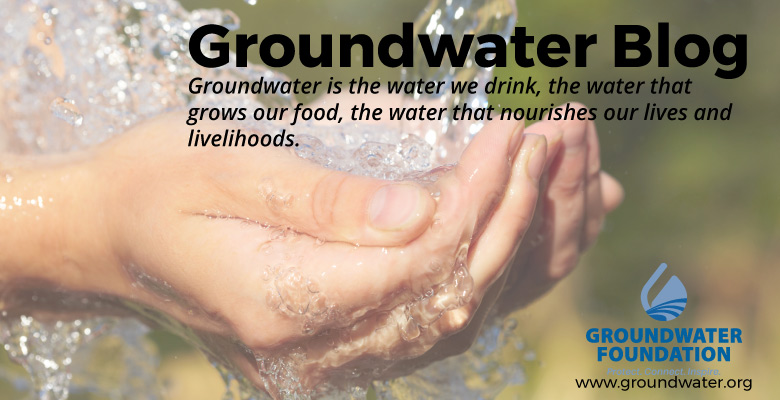Water is sometimes a topic around the dinner table at my home and with the drought that we've been experiencing it has become a topic almost nightly. My daughter, Colbi, who is a senior at Lincoln Southeast High School, wrote this essay for her AP Literature Class.
Let’s be
honest here, usually national news or even local news doesn’t phase me beyond
sports or the occasional major crime, but one thing that has gotten under my
skin in the local news department is water. The water we drink, the water we
use to water our lawns, the water we use to bathe: is being used up. Used up
meaning close to 60 million gallons of water a day is being used. But, that’s
about as much as we always have used in a day. So what’s the problem? The
problem is we’re in a drought. One of the worst droughts in history and we’re
still using the same amount of water we have been using in a day for a while.
When mostly
everyone’s lawns in the entire city have turned many shades of brown, a green
lawn sticks out like a sore thumb. Since August 9th, the Lincoln
Police Department has been issuing warnings and now ticketing at every single
offense they are brought light of, of a resident of Lincoln watering their lawn
on a day that is not assigned to them. The city of Lincoln, Nebraska has major
water restrictions that I can only applaud them for approving. Now, what gets
under my skin are the offenders.
The Platte
River is drying up. I can see it with my own eyes every time I take a trip to
Omaha. There are brown strips of dried up sand in the middle of the river that
look like you could walk right across, the blue you see is in the minority.
Yet, people in this city, a city that basically retrieves its water from the
Platte, still do not believe that our water is on the verge of drying up
completely if we don’t do something about it! These non-believers have been
known to: water their lawns on days that aren’t assigned to them, or water 3x
as much on days that are assigned to them. I am getting tired of hearing that
so many people are getting ticketed and fined for pure stupidity and
uniformity. If everyone knew just how much danger we are in at this time then I’m
sure this mandatory water restriction would be receiving so many more benefits
than just a few less gallons being used up.
The
offenders won’t be laughing anymore when they turn on their faucet to take a
shower, or even press their cup against the water dispenser on the refrigerator
and barely get a drip out of it. I hope I never have to see that day.
Also read this link from Lincoln's Public Safety Director that ties into what Colbi wrote about:
http://lpd304.blogspot.com/2012/08/explanations-abound.html
